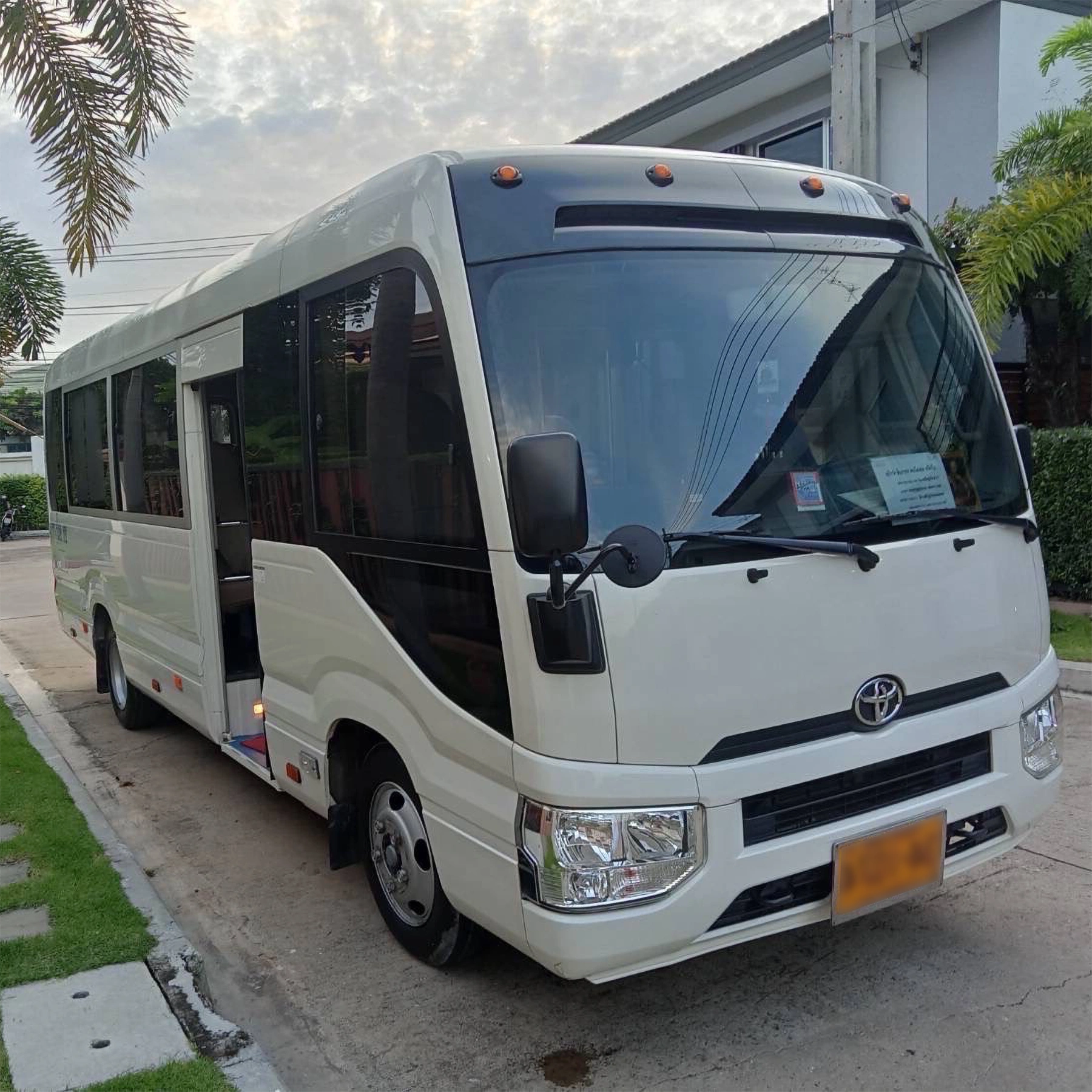Suvarnabhumi Airport has embraced the biometric system to revolutionize air travel, offering passengers a faster, more convenient, and secure experience. This technology uses facial recognition to reduce document handling, streamline travel procedures, and enhance security. It also plays a significant role in preventing criminal activities and fraud.
What is the Biometric System?
The biometric system utilizes facial recognition technology to verify passenger identities at every stage of the journey, from check-in and baggage drop to security screening and boarding. This process eliminates the need for repetitive document checks, such as showing passports or boarding passes, making travel more seamless and efficient.
Airports in Thailand Using Biometric Systems
The Airports of Thailand Public Company Limited (AOT) has implemented biometric systems at six major airports to enhance convenience and security for passengers:
1. Suvarnabhumi Airport (BKK):
The first airport in Thailand to adopt a fully integrated biometric system for check-in, baggage drop, and boarding.
Currently supports domestic flights, with plans to expand to international flights.
2. Don Mueang Airport (DMK):
Supports biometric services for domestic flights, reducing the need for document presentation at various points.
3. Chiang Mai Airport (CNX):
Provides biometric services for both domestic and international flights, catering to the growing number of travelers in northern Thailand.
4. Mae Fah Luang Chiang Rai Airport (CEI):
Offers a biometric system to enhance travel convenience and reduce wait times.
5. Phuket Airport (HKT):
A key international hub, using biometric technology to improve passenger experience and security.
6. Hat Yai Airport (HDY):
Focuses on domestic flights, using biometrics to streamline processes and reduce congestion.
How to Use the Biometric System
Facial Registration:
Passengers can register their facial data at check-in counters by notifying airline staff.
Alternatively, use self-service check-in kiosks (CUSS):
Scan the barcode from the boarding pass.
Insert a passport or ID card.
Complete the facial scan to save the data.
Security Screening:
At the security checkpoint, passengers simply look at the camera to verify their identity, without needing to show documents.
Boarding:
At the boarding gate, passengers scan their faces at a camera for quick and easy access to the aircraft.
Benefits of the Biometric System
Faster Travel
Reduces wait times at key service points, such as check-in, security checkpoints, and boarding gates.
Automation minimizes delays caused by manual document verification.
Greater Convenience
Passengers no longer need to present documents like passports or boarding passes multiple times.
Reduces the hassle of preparing and carrying essential documents.
Enhanced Security
Facial recognition technology ensures accurate identity verification, reducing the risk of fraud or document forgery.
The system is connected to security databases to identify individuals on watchlists.
Reduced Paperwork
Replacing physical documents with facial recognition reduces the risk of losing essential travel documents.
How Biometrics Prevents Crime and Fraud
The biometric system is not just about convenience; it also plays a vital role in crime prevention and security enhancement:
Accurate Identity Verification:
Biometrics ensures precise identity matching, making it difficult for criminals to use fake documents or stolen identities.
Integration with Security Databases:
The system connects to databases such as Interpol or local law enforcement to identify individuals with criminal records or outstanding warrants.
Real-Time Monitoring:
The system tracks and records passenger movements, enabling authorities to monitor suspicious behavior or prevent unauthorized access to restricted areas.
Preventing Document Forgery:
By using facial data, the system eliminates the possibility of fraudulent document use, such as fake passports.
Supporting Law Enforcement:
Biometrics helps identify and apprehend suspects trying to escape justice or transport illegal goods through the airport.
Future of the Biometric System in Thailand
Currently, the biometric system in Thailand’s airports focuses on domestic flights, but there are plans to extend its application to international flights. The system is also expected to be further developed for additional functions, such as automated baggage handling, enhancing passenger convenience, and supporting national security initiatives.
The biometric system at Suvarnabhumi Airport, and other major airports in Thailand, marks a significant leap forward in modern air travel. This technology not only streamlines the journey, making it faster and more convenient but also enhances security and helps combat crime. If you're traveling through Thailand's airports, take advantage of this innovative system and experience a seamless, safe, and hassle-free journey!
THAITAXISERVICES™ Tweet






